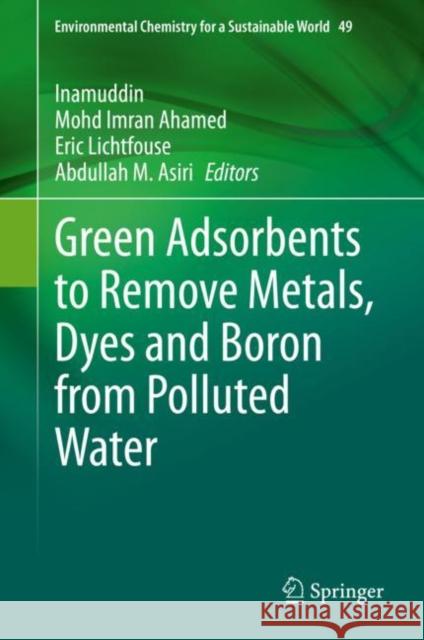Green Adsorbents to Remove Metals, Dyes and Boron from Polluted Water » książka
topmenu
Green Adsorbents to Remove Metals, Dyes and Boron from Polluted Water
ISBN-13: 9783030473990 / Angielski / Twarda / 2020 / 462 str.
Green Adsorbents to Remove Metals, Dyes and Boron from Polluted Water
ISBN-13: 9783030473990 / Angielski / Twarda / 2020 / 462 str.
cena 805,10
(netto: 766,76 VAT: 5%)
Najniższa cena z 30 dni: 771,08
(netto: 766,76 VAT: 5%)
Najniższa cena z 30 dni: 771,08
Termin realizacji zamówienia:
ok. 16-18 dni roboczych.
ok. 16-18 dni roboczych.
Darmowa dostawa!
Kategorie:
Kategorie BISAC:
Wydawca:
Springer
Seria wydawnicza:
Język:
Angielski
ISBN-13:
9783030473990
Rok wydania:
2020
Wydanie:
2021
Numer serii:
000466533
Ilość stron:
462
Waga:
0.77 kg
Wymiary:
23.85 x 16.59 x 2.24
Oprawa:
Twarda
Wolumenów:
01











